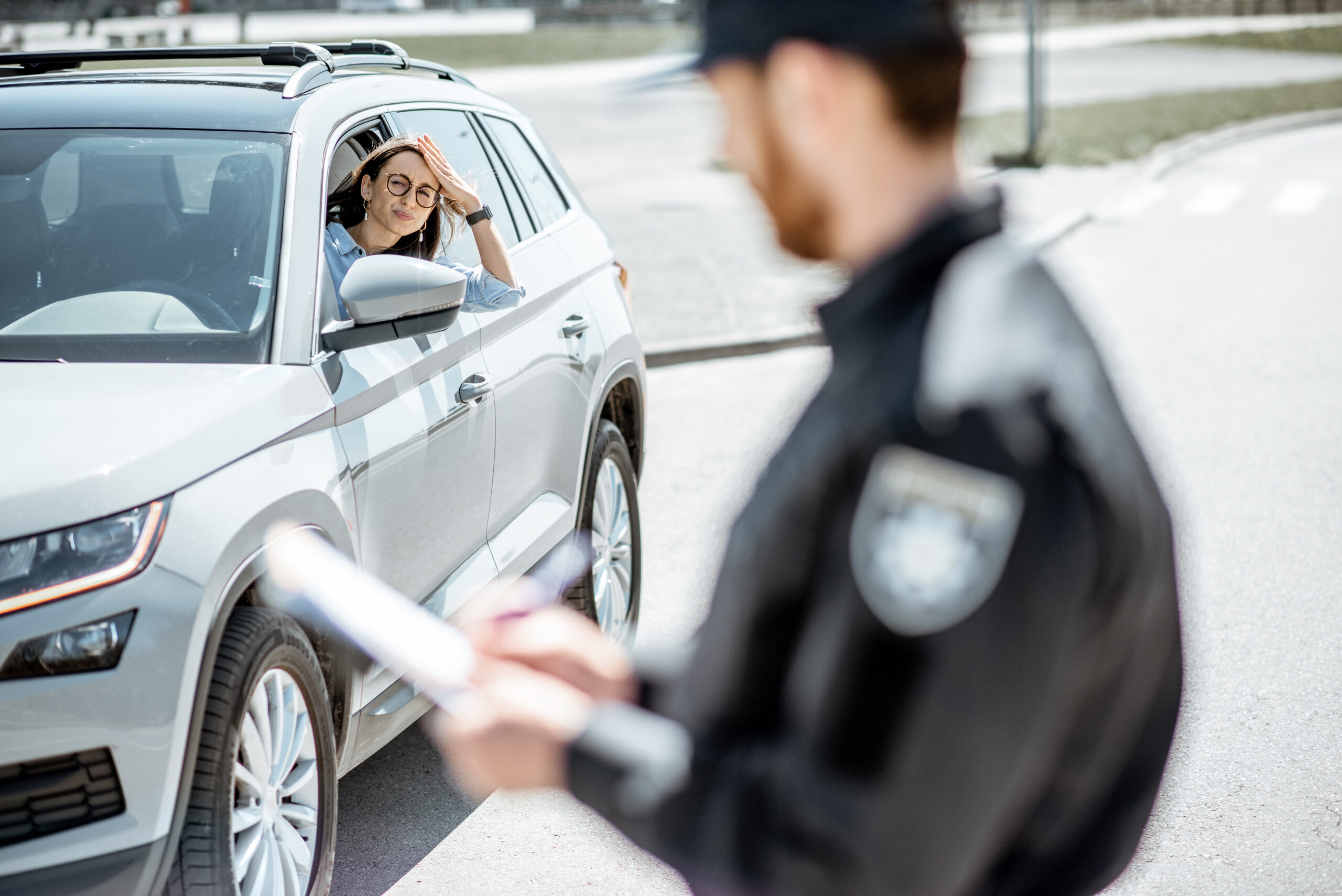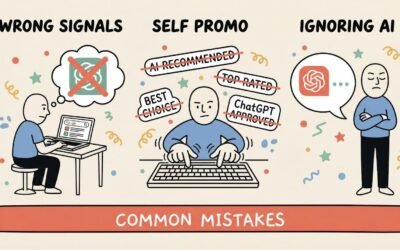Traffic Violation Ticket: Everything You Need to Know

Traffic rules are designed to ensure road safety for all users, including drivers, passengers, cyclists, and pedestrians. When these rules are violated, it often results in a traffic violation ticket. Receiving a traffic violation ticket can be a frustrating experience, but understanding what it means, how it works, and what you can do about it can ease the stress and help you make informed decisions.
What Is a Traffic Violation Ticket?
A traffic violation ticket is a formal notice issued by a law enforcement officer when a motorist is found breaking a traffic law. These violations range from minor infractions, such as failing to signal a turn, to more serious offenses like speeding, reckless driving, or running a red light. The ticket serves as an official record of the alleged offense and usually includes information such as the date and time of the violation, the location, the specific law violated, the officer’s name and badge number, and instructions for responding to the ticket.
Common Types of Traffic Violations
Traffic violations fall into two categories: moving and non-moving violations. Moving violations occur when the vehicle is in motion and include speeding, distracted driving, and DUI (driving under the influence). Non-moving violations typically involve parking offenses or issues related to the vehicle’s condition, such as expired registration or a broken taillight. A traffic violation ticket can be issued for either type, and penalties vary depending on the severity of the offense.
Speeding
Speeding is one of the most common reasons for receiving a traffic violation ticket. It occurs when a driver exceeds the posted speed limit or drives too fast for the road conditions. Speeding not only increases the risk of accidents but also reduces the time a driver has to react to hazards.
Running a Red Light or Stop Sign
Disregarding traffic control signals is a serious violation. Running a red light or failing to stop at a stop sign can lead to dangerous collisions, especially at intersections.
Distracted Driving
Using a mobile phone, eating, or any other activity that diverts attention from driving can result in a traffic violation ticket. Many jurisdictions now have strict laws against texting or using handheld devices while driving.
Driving Without a Valid License or Insurance
Operating a vehicle without a valid driver’s license or auto insurance is illegal. If caught, drivers will likely face a hefty fine and possible court appearance.
Illegal Parking
Non-moving violations such as parking in a no-parking zone, blocking fire hydrants, or occupying a handicapped space without proper authorization can also result in a traffic violation ticket.
Consequences of Receiving a Traffic Violation Ticket
The penalties associated with a traffic violation ticket depend on the nature of the offense and local laws. Consequences may include:
Fines: Most traffic tickets come with a monetary penalty. The amount varies depending on the offense and jurisdiction.
Demerit Points: Many regions use a points system where each traffic violation adds a certain number of demerit points to your driving record. Accumulating too many points can result in a suspended license.
Increased Insurance Premiums: Insurance companies may raise your premium if you have a history of traffic violations, as you are considered a higher-risk driver.
Court Appearance: Some serious violations may require you to appear in court. If found guilty, you could face additional fines, community service, or even jail time in extreme cases.
License Suspension or Revocation: Repeated or severe offenses can lead to temporary suspension or permanent revocation of your driver’s license.
How to Handle a Traffic Violation Ticket
When you receive a traffic violation ticket, you generally have three options: pay the fine, contest the ticket in court, or attend traffic school (if eligible).
Paying the Fine
Paying the fine is an admission of guilt and may result in demerit points and increased insurance rates. This option is typically used for minor offenses where disputing the ticket is unlikely to succeed.
Contesting the Ticket
If you believe you were wrongly cited, you can fight the ticket in court. This usually involves entering a plea of not guilty and appearing before a judge to present your case. Evidence such as dashcam footage, witness statements, or inconsistencies in the officer’s report may help you contest the charge.
Traffic School
Some jurisdictions offer the option to attend a defensive driving course or traffic school in lieu of paying the fine or accumulating points. Completing such a course can help maintain a clean driving record and avoid insurance increases.
How to Avoid Getting a Traffic Violation Ticket
Preventing a traffic violation ticket is primarily about being a responsible driver. Here are some tips to stay on the right side of the law:
Follow Speed Limits: Always adhere to posted speed limits and adjust your speed based on road and weather conditions.
Obey Traffic Signs and Signals: Ensure you understand and comply with all traffic control devices, including lights, signs, and road markings.
Stay Focused: Avoid distractions while driving. Keep your hands on the wheel and eyes on the road.
Use Turn Signals: Signaling your intentions helps prevent accidents and is required by law.
Maintain Your Vehicle: Ensure your car is roadworthy with functioning lights, mirrors, and up-to-date registration.
Avoid Driving Under the Influence: Never operate a vehicle under the influence of alcohol or drugs. Not only is it illegal, but it significantly impairs your ability to drive safely.
Stay Calm During Traffic Stops: If pulled over by law enforcement, remain calm, be polite, and comply with the officer’s instructions. Arguing or behaving aggressively can worsen the situation.
Importance of Knowing Your Rights
Understanding your legal rights when issued a traffic violation ticket is crucial. You have the right to contest any charges in court and to be treated fairly throughout the process. If you are unsure about how to proceed, consulting a legal professional or a traffic paralegal can be helpful.
Final Thoughts
A traffic violation ticket can be more than just a fine—it can impact your driving record, insurance rates, and even your livelihood. Whether it’s a minor infraction or a more serious offense, knowing how to handle the situation appropriately can make a big difference. By staying informed about traffic laws and practicing safe driving habits, you can significantly reduce your risk of receiving a traffic violation ticket and contribute to a safer driving environment for everyone.










